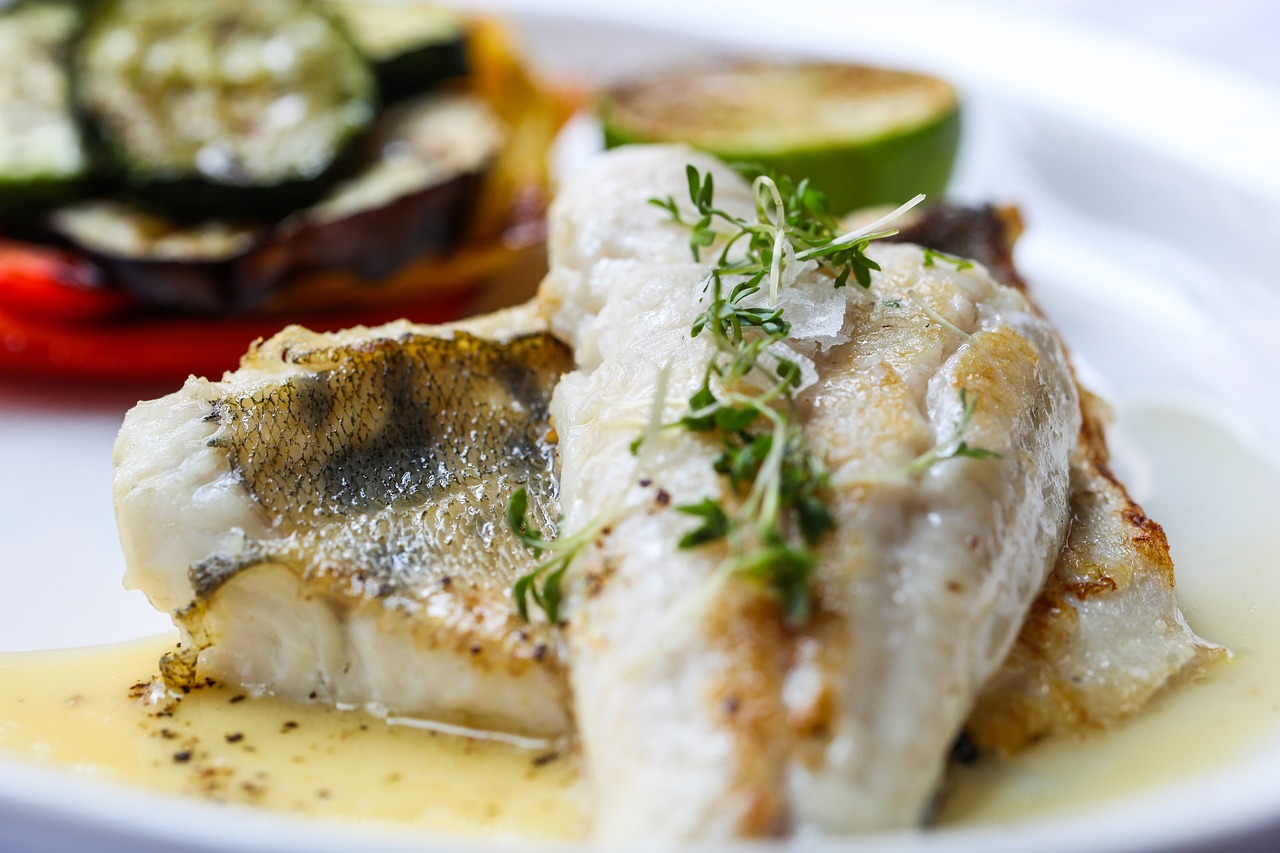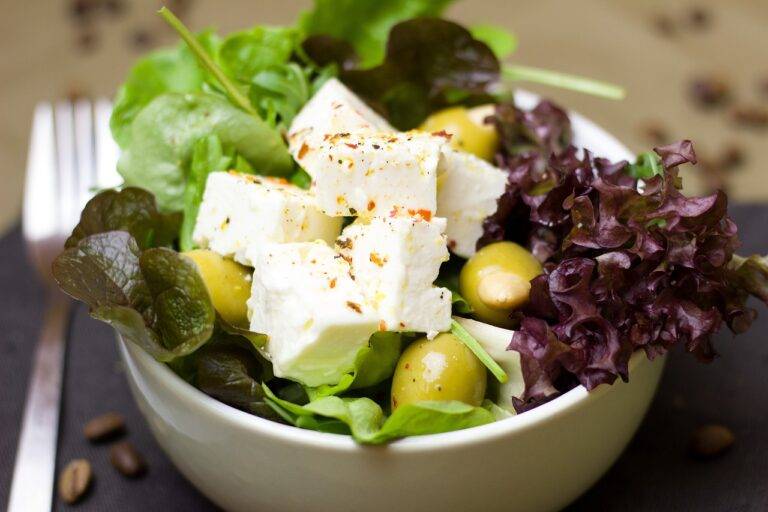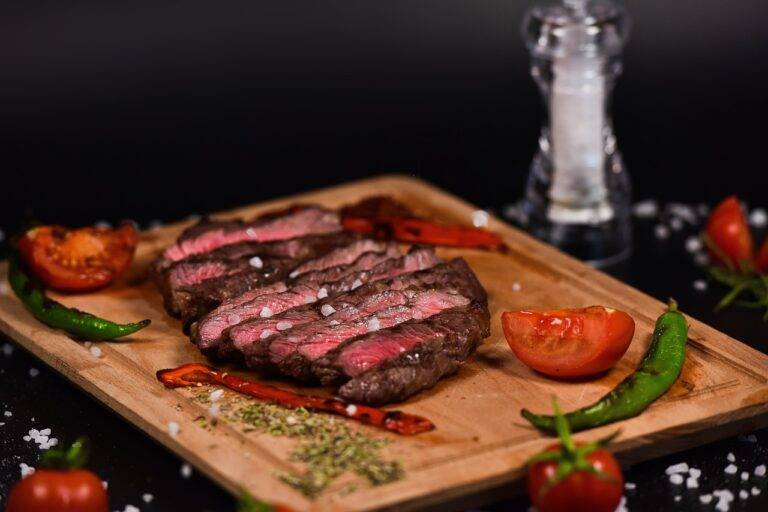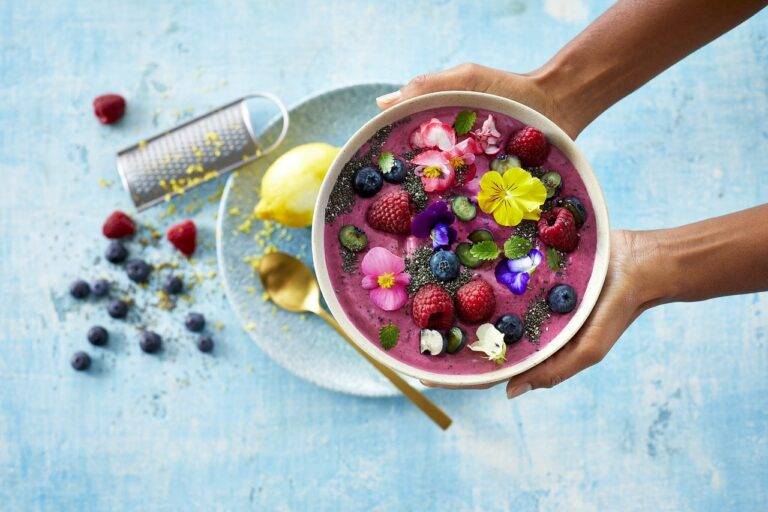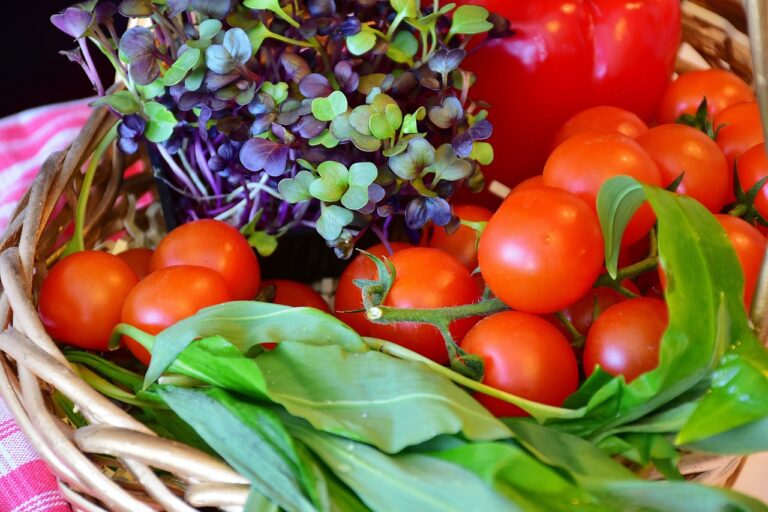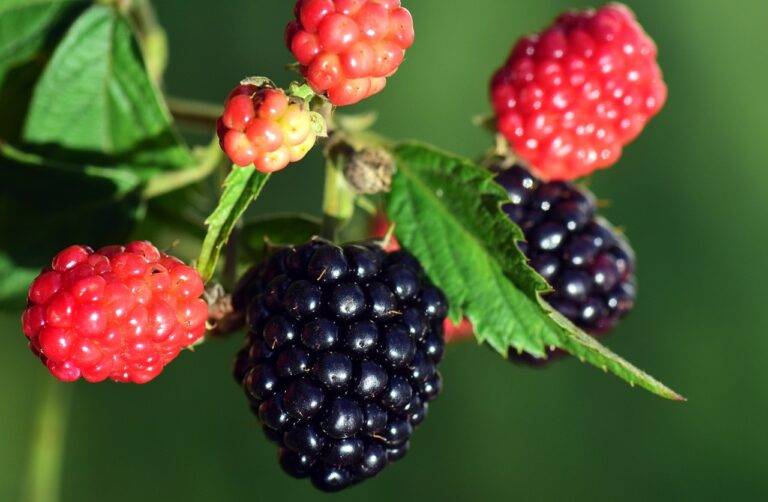The Art of Beer Tasting: Developing a Palate
all pannel.com, laser247.com, betbook247:Beer tasting is an art form that requires practice, patience, and dedication. Developing a palate for beer takes time and effort, but the rewards are well worth it. In this blog post, we will explore the ins and outs of beer tasting and provide you with tips on how to refine your palate so you can fully appreciate the complexities of this beloved beverage.
Understanding the Basics
Before you can start honing your beer tasting skills, it’s important to understand the basics of the process. Beer tasting involves more than just taking a sip and saying whether you like it or not. It’s about engaging all of your senses to fully experience the beer in front of you.
When tasting beer, you should pay attention to the appearance, aroma, taste, mouthfeel, and finish of the beer. Take note of the color, clarity, and head retention of the beer. Give it a good swirl in your glass to release the aromas, then take a deep whiff to appreciate the bouquet. When you finally take a sip, let the beer roll around your mouth so you can fully appreciate the flavors and textures. Finally, pay attention to the aftertaste and how it lingers on your palate.
Developing Your Palate
Developing a palate for beer is similar to developing a palate for wine or food. It takes time, practice, and exposure to a variety of flavors and styles. Here are some tips to help you refine your beer tasting skills:
1. Start with the basics: Begin by familiarizing yourself with the different styles of beer. Try ales, lagers, stouts, porters, and IPAs to understand the breadth of flavors available.
2. Take notes: Keep a tasting journal to track your experiences with different beers. Note the appearance, aroma, taste, mouthfeel, and finish of each beer to help you identify patterns and preferences.
3. Practice regularly: The more you taste beer, the more you will begin to recognize subtle flavors and aromas. Join a beer tasting group or attend beer festivals to expose yourself to new and exciting brews.
4. Experiment with pairings: Try pairing different beers with food to see how the flavors complement or contrast with each other. This will help you understand how different flavors interact and enhance one another.
5. Seek feedback: Share your tasting notes with others and compare your experiences. Learning from others can help you expand your palate and discover new favorites.
6. Trust your instincts: Ultimately, beer tasting is a subjective experience. Trust your palate and don’t be afraid to voice your opinions, even if they differ from others.
The FAQs
Q: How can I improve my beer tasting skills?
A: The best way to improve your beer tasting skills is to practice regularly and expose yourself to a variety of flavors and styles. Take notes, seek feedback from others, and trust your instincts.
Q: What is the best way to clean your palate between tastings?
A: Drinking water and eating plain crackers or bread can help cleanse your palate between beer tastings. Avoid strong-flavored foods or beverages that could interfere with your tasting experience.
Q: Can anyone develop a palate for beer?
A: Yes, anyone can develop a palate for beer with practice and dedication. The key is to be open-minded, curious, and willing to explore different flavors and styles.
Q: What should I look for when tasting beer?
A: When tasting beer, pay attention to the appearance, aroma, taste, mouthfeel, and finish of the beer. Note the color, clarity, aroma, flavors, textures, and aftertaste to fully appreciate the beer in front of you.
In conclusion, the art of beer tasting is a journey that requires patience, practice, and dedication. By familiarizing yourself with the basics, experimenting with different styles, and trusting your instincts, you can develop a palate that allows you to fully appreciate the nuances of this beloved beverage. So raise a glass, take a sip, and savor the flavors of your favorite beer. Cheers!

